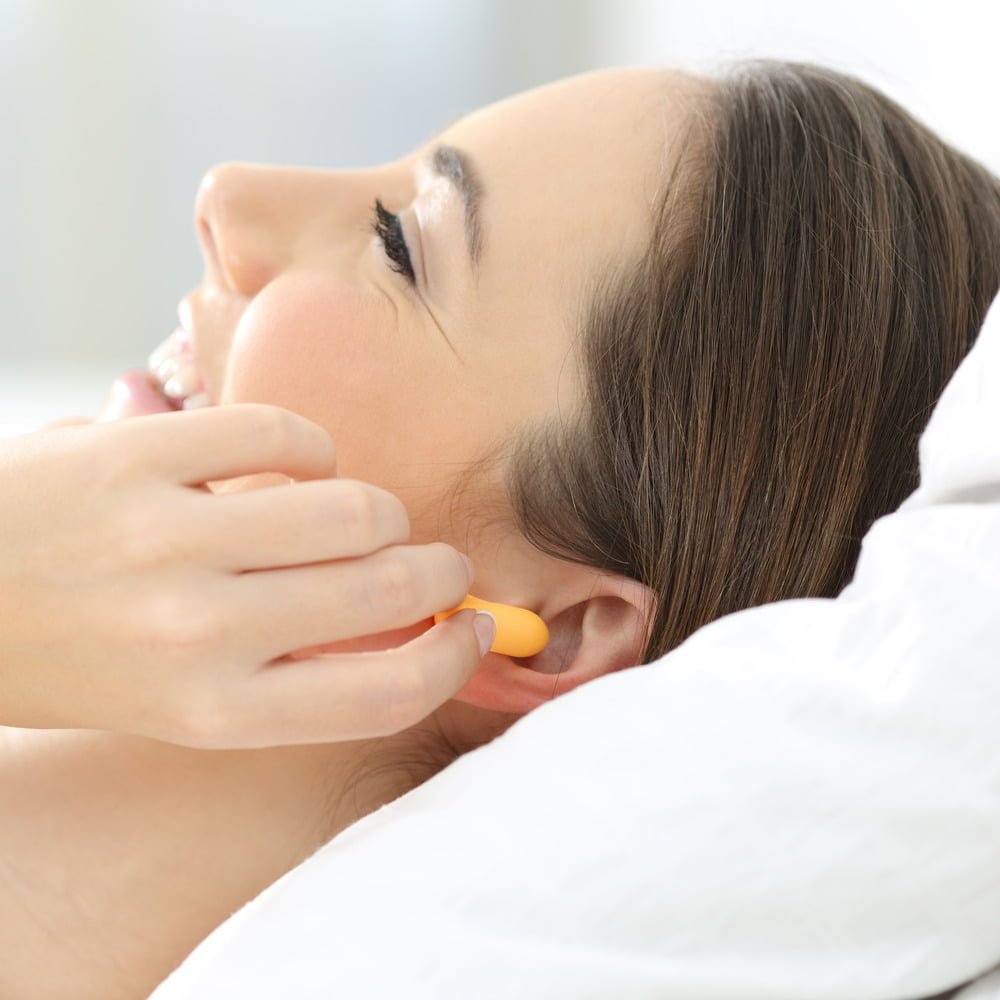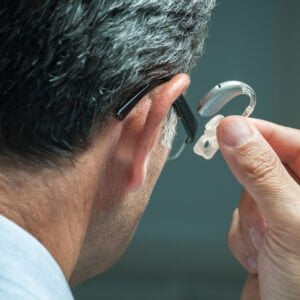Tinnitus, often described as a persistent ringing in the ears, can significantly impact one’s daily comfort and peace of mind. Although there isn’t a one-size-fits-all solution, understanding and avoiding certain triggers can help manage this condition and prevent flare-ups. Through awareness and proactive measures, individuals can better cope with tinnitus and enjoy a higher quality of life.
Avoid Loud Noises
Prolonged exposure to loud noises is a known tinnitus trigger. It’s advisable to avoid loud environments whenever possible to minimise the risk of a tinnitus flare-up. When avoidance is not an option, here are some preventive measures to consider:
- Utilise Noise-Cancelling Headphones: Effective in urban settings or while traveling on airplanes or public transport, they significantly reduce environmental noise.
- Ensure Proper Hearing Aid Use: If you use hearing aids, ensure they are properly fitted and adjusted to provide protection against loud noises. Some modern hearing aids come with features that help manage tinnitus symptoms.
- Take Regular Breaks from Noisy Environments: Even short periods of quiet can be beneficial in preventing tinnitus flare-ups and promoting overall auditory health.
- Wear Earplugs: Portable and inexpensive, earplugs provide a barrier against high-decibel sounds, making them suitable for concerts, sporting events, and other loud settings.

Manage Stress
Stress and anxiety are often intertwined with tinnitus, as they can significantly exacerbate the symptoms. When the body is in a state of stress, physiological reactions may lead to an increase in the perception of tinnitus. Thus, managing stress is a pivotal aspect of preventing tinnitus flare-ups. Some strategies that are worth considering include:
- Mindfulness Meditation: Engaging in mindfulness meditation can help bring awareness to the present moment, reducing anxiety and promoting relaxation. It allows individuals to observe their reactions to tinnitus without judgment, which can be instrumental in reducing the distress associated with the condition.
- Engage in Enjoyable Activities: Engaging in hobbies and activities that bring joy and relaxation can also contribute to stress reduction, which may have a positive impact on tinnitus symptoms.
- Deep Breathing Exercises: Deep breathing exercises such as diaphragmatic breathing or guided breathing exercises can activate the body’s relaxation response and reduce stress. These exercises can be easily incorporated into daily routines and practiced whenever feelings of anxiety or stress arise.
- Seek Professional Support: If coping with stress becomes challenging, consulting with a psychologist or counsellor specialising in stress or tinnitus management can provide valuable support and coping strategies.

Limit Stimulants
Reducing the intake of stimulants such as caffeine, nicotine, and alcohol can help mitigate tinnitus flare-ups. These substances have been linked to an increase in the severity and frequency of tinnitus symptoms. By moderating your consumption of these stimulants, you may experience improvements in your tinnitus management.
Get Adequate Sleep and Exercise
Quality sleep is crucial for overall well-being and tinnitus management. Inadequate sleep can exacerbate stress, anxiety, and tinnitus symptoms. To ensure you’re getting the restorative sleep your body needs, it can be helpful to establish a consistent sleep schedule, if possible.
Furthermore, exercise plays a significant role in tinnitus management by improving blood flow to the ears and reducing stress. Try to incorporate regular, moderate exercise into your routine.
Medication Review
Some medications have the potential to worsen tinnitus symptoms. It’s essential to be aware of the possible effects of your medications on your tinnitus. To address this, consider the following steps:
- Consult with a Healthcare Professional: Schedule a consultation with your healthcare provider to review your current medications. Inform them about your tinnitus and any concerns you may have about its exacerbation.
- Discuss Alternative Medications: If your healthcare provider identifies any medications that may worsen your tinnitus, discuss potential alternatives or adjustments to your treatment plan.
- Consider Side Effects: Be proactive in understanding the side effects of any new medications prescribed to you. Some drugs may affect tinnitus differently, so it’s crucial to be informed.
- Maintain Medication Records: Keep a record of all the medications you are taking, including over-the-counter drugs and supplements. This will help healthcare professionals make informed decisions about your treatment.

Conclusion
At Hearing Aid Accessories, we understand the challenges that come with managing tinnitus. We offer a wide range of products specially designed to alleviate tinnitus and ensure a better quality of life for our customers. We invite you to browse our range and find the right solution for your needs. Our mission is to assist you in navigating tinnitus with ease and comfort.




